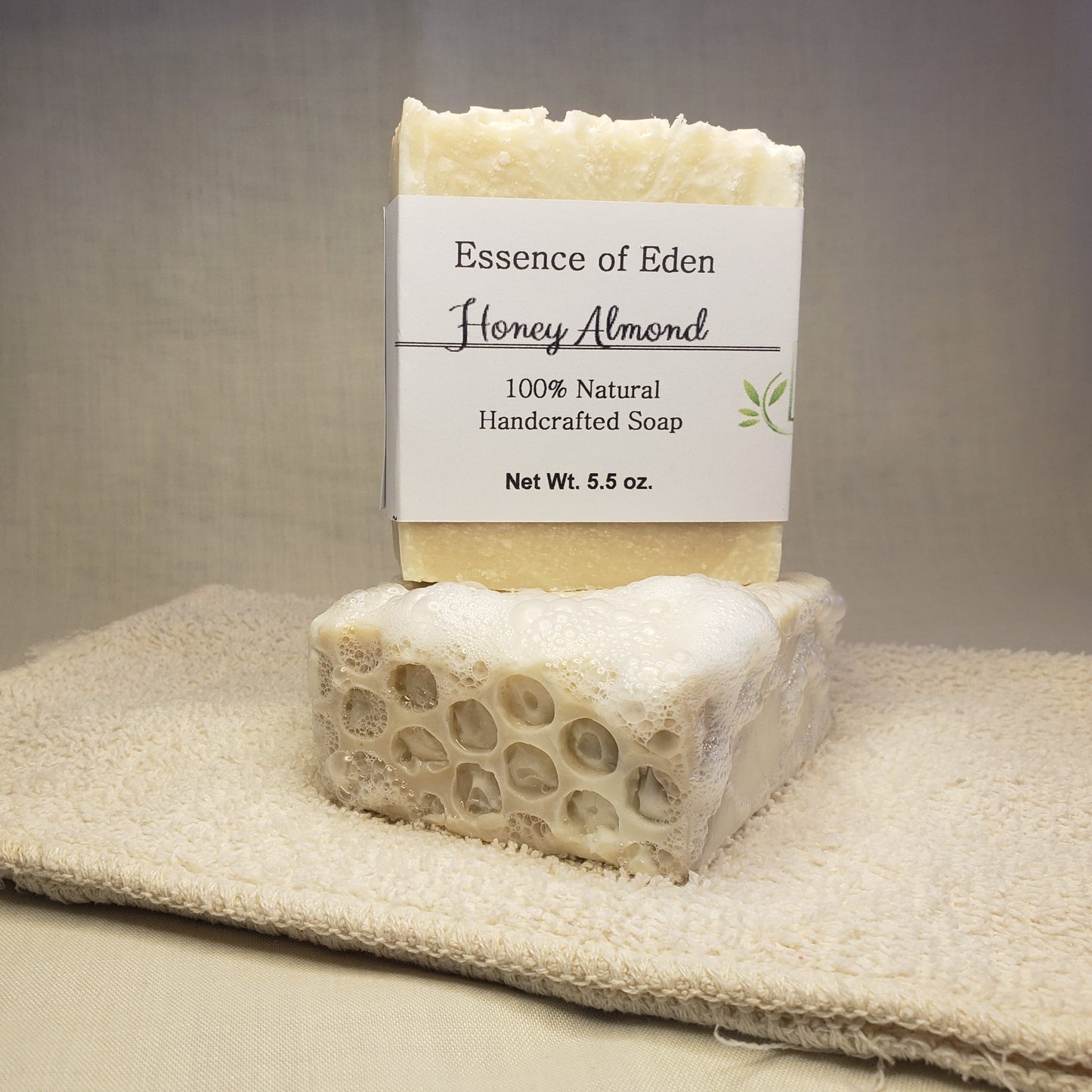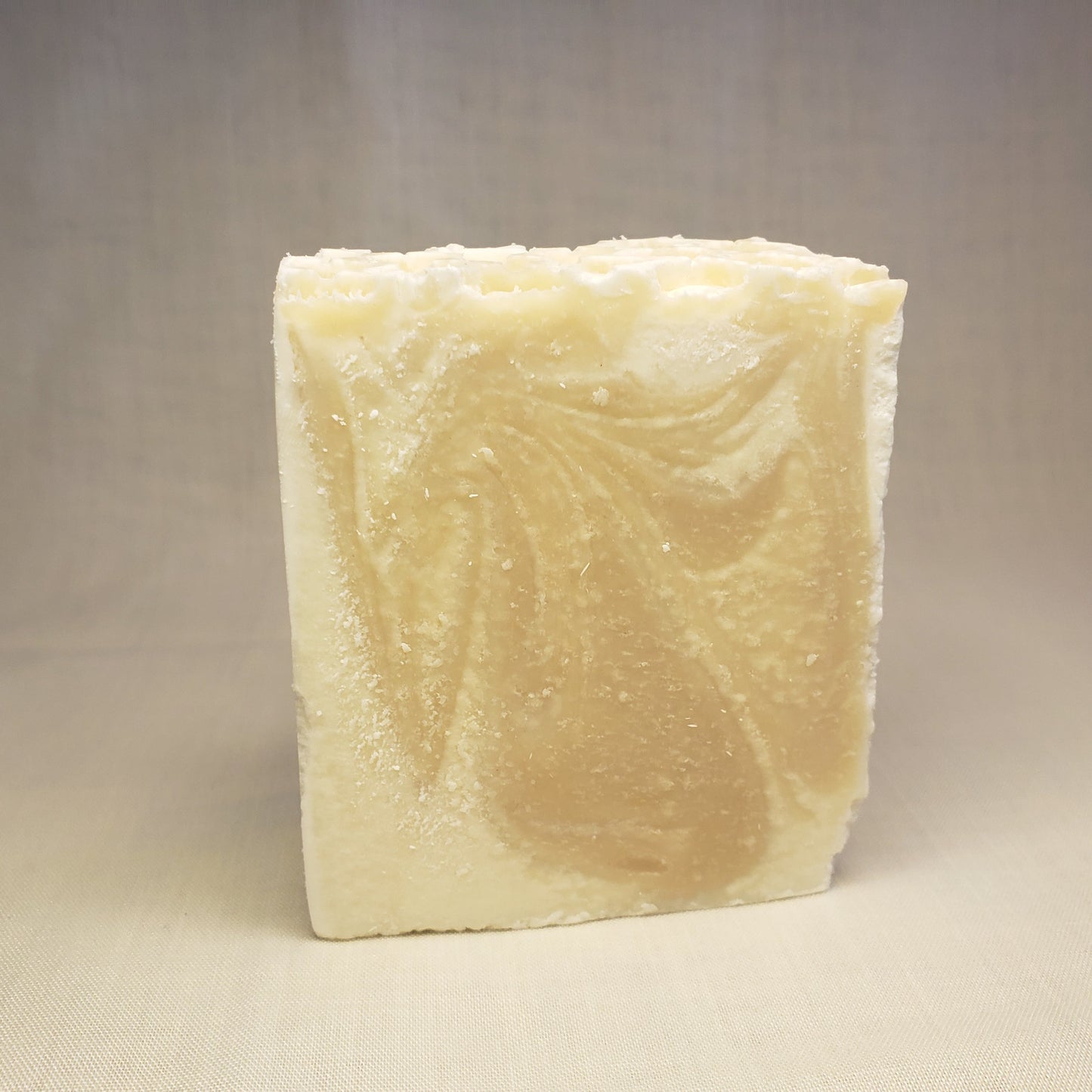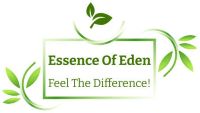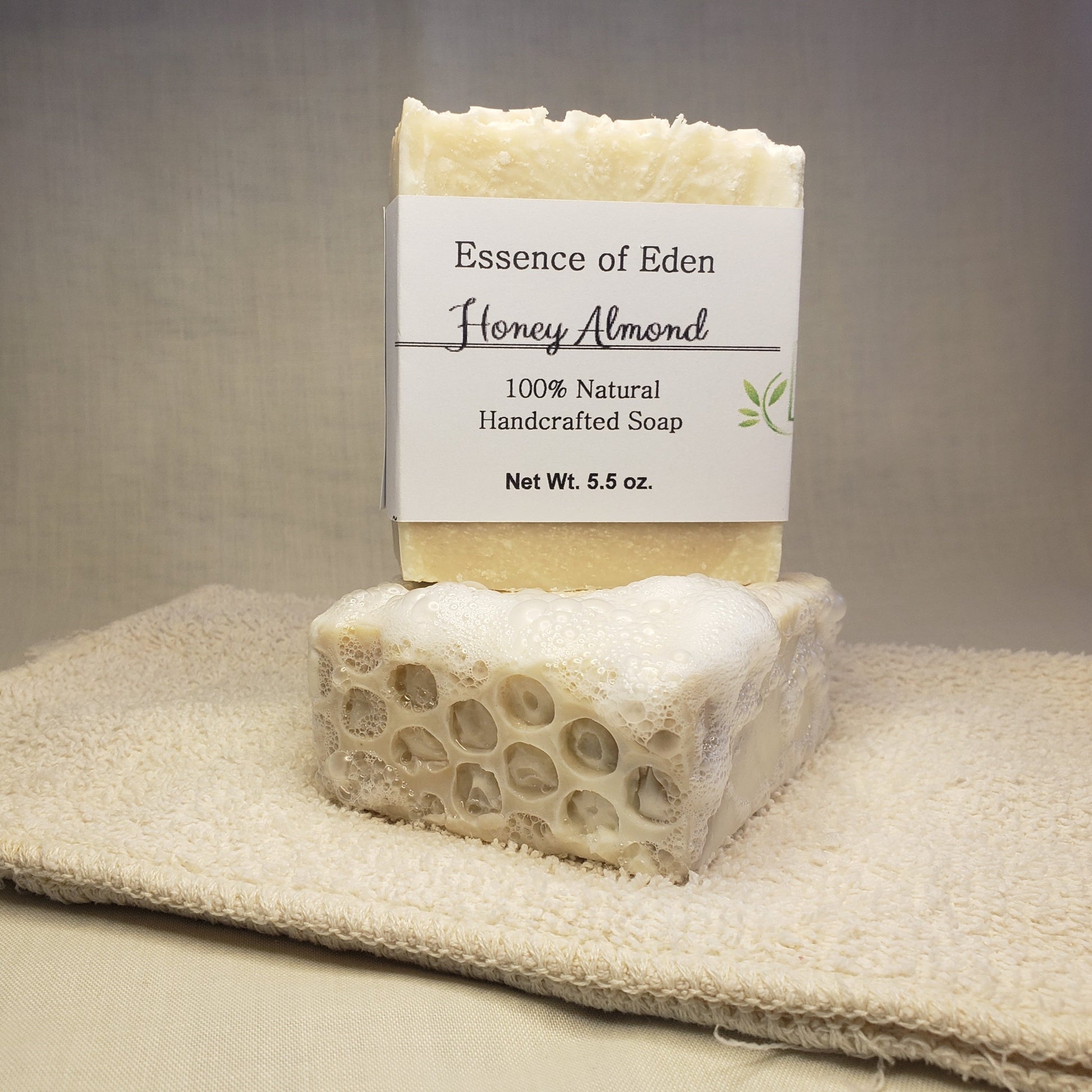Essence of Eden
"Honey Almond" Bath Bar for Wrinkle-Reducing Hydration
"Honey Almond" Bath Bar for Wrinkle-Reducing Hydration
Couldn't load pickup availability
Unveil the essence of luxury with our Almond & Honey Soap, a divine fusion of sweet almond and honey that caresses your senses and rejuvenates your skin.
Crafted with meticulous care, this luxury bar boasts a blend of nourishing olive oil, lathering coconut oil, and tallow, ensuring lasting hardness and unparalleled hydration. Infused with the goodness of bitter almond oil, renowned for its potent wrinkle-reducing properties, this soap is a testament to age-defying skincare.
The subtle almond aroma tantalizes your senses while honey works its magic, leaving your skin irresistibly soft and supple. Ideal for both cleansing and pampering, this bar is versatile enough to grace your daily skincare routine with elegance and efficacy.
Let each lather envelop you in a cocoon of indulgence, gently cleansing away impurities and unveiling a radiant complexion. Elevate your bathing experience with our Almond & Honey Soap, where luxury meets skincare in perfect harmony.


Frequently Asked Questions
Customers' common questions
Why are handmade soaps better for you than store bought soap?
Most store bought soaps are not actually soap at all. They are laden with detergents, cleaning agents, chemicals and fragrances that dehydrate and irritate your skin. Your skin is the largest organ of your body and absorbs these chemicals. It should be nourished and protected from un-natural chemical agents and that is the benefit of 100% natural handmade soaps.
Why are handmade natural soaps more expensive than store brands?
Because store brands are mass produced using cheap synthetic detergents and chemicals. Handmade soaps that are 100% natural use natural skin loving oils such as olive oil, coconut oil, tallow, mineral oils, essential oils and clays. They have a cure time of 4-6 weeks and are very time consuming to make, mold, un-mold, cut, wrap, and market. Each bar is unique in appearance and it's own little work of art.
What about the lye used in soap making? Doesn't lye make soap caustic?
Lye used in soapmaking comes in two forms, sodium hydroxide (derived from hard wood ash) is used for solid soaps and potassium hydroxide (derived from potash) for liquid soaps. They are both extremely caustic in soapmaking and extreme measures have to be taken in handling the lye and the soap for the first 24-48 hours of the process. The soaps go through an incubation period where the soap heats up, gels and becomes solid when the oils have used up all of the lye for saponification. The lye saponifies the oils and that's what makes them lathery soap. No lye, no soap!



